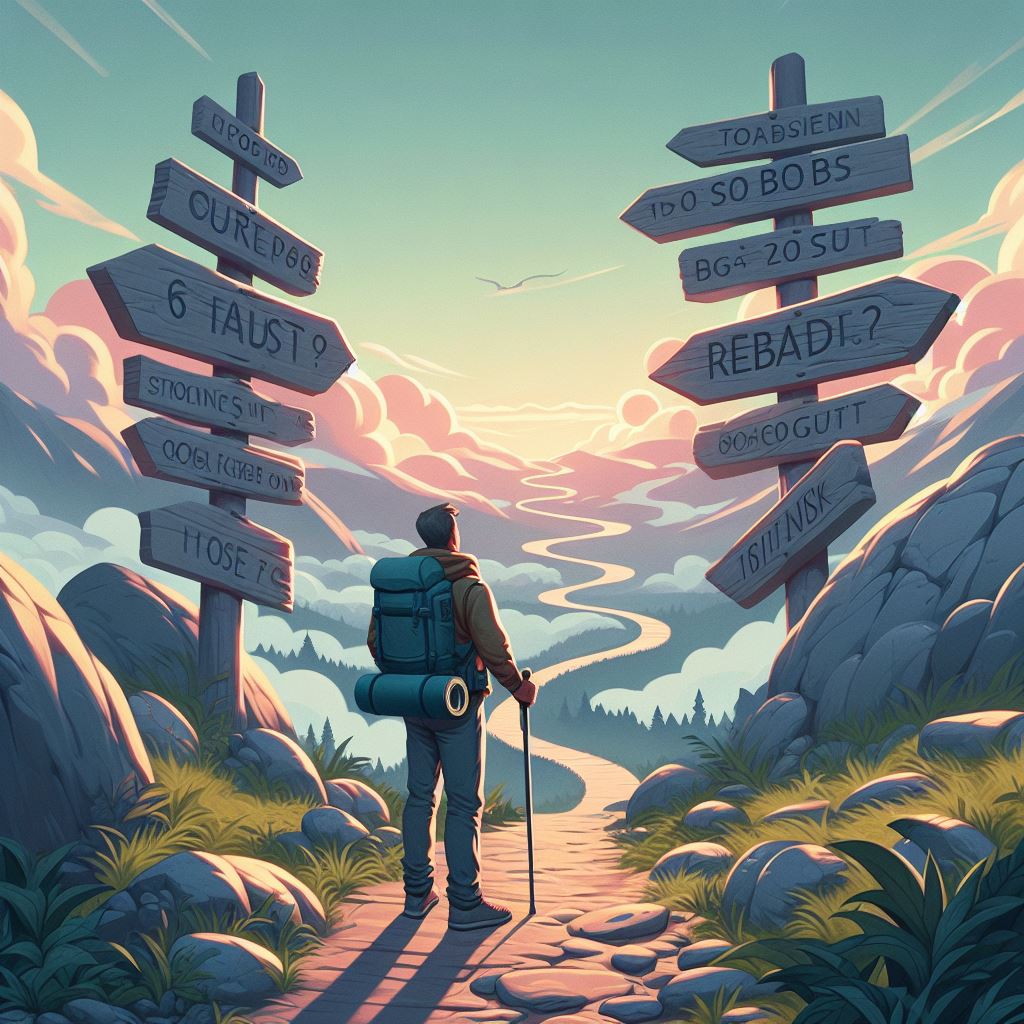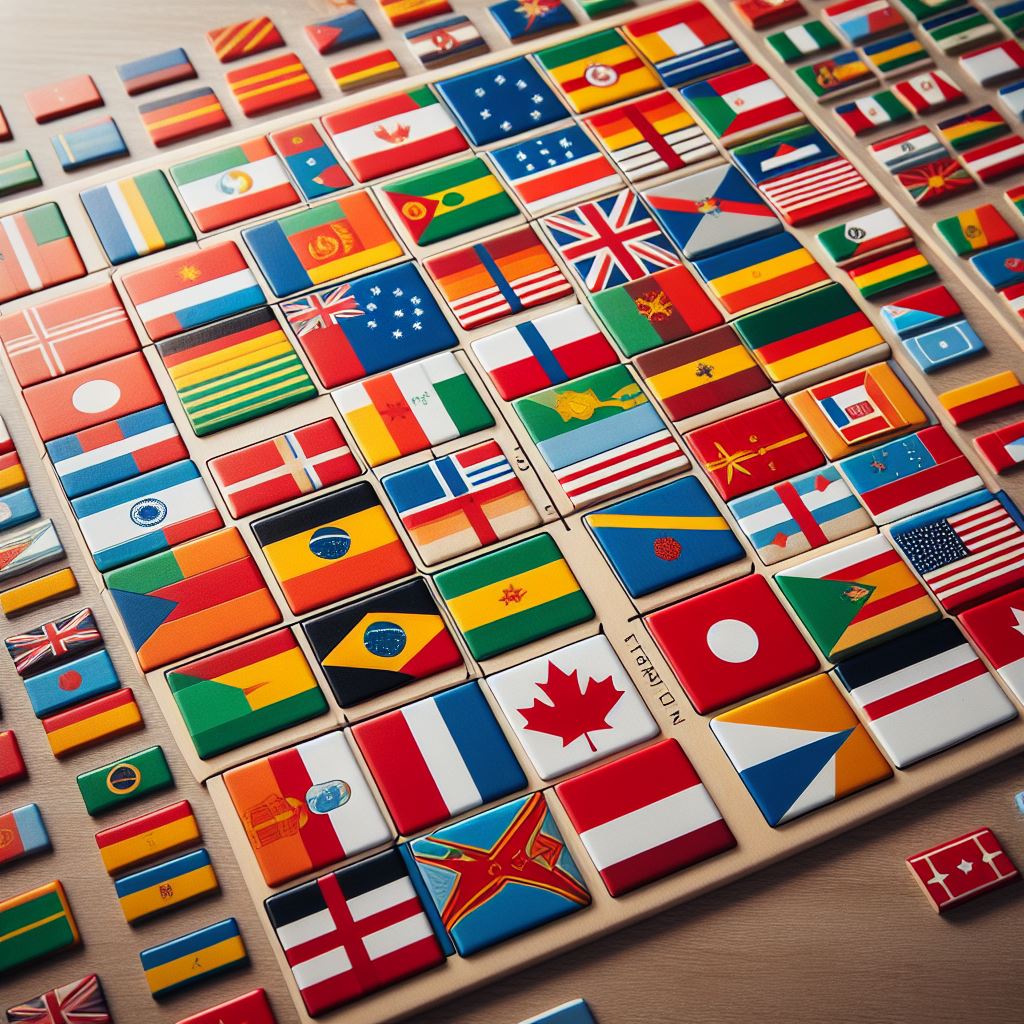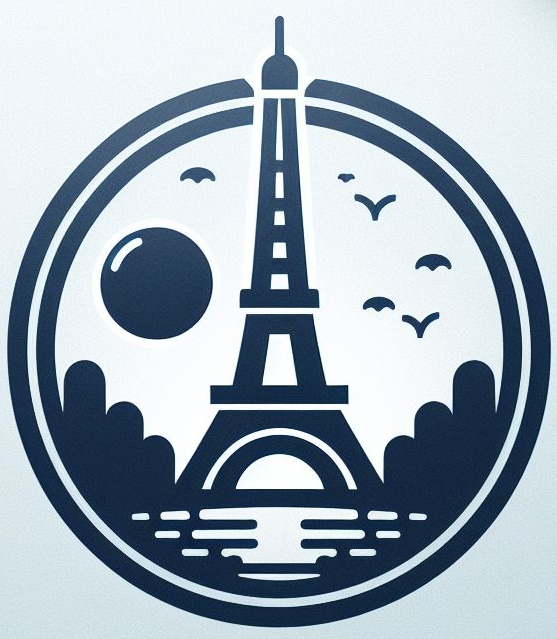We all want to know the magic number of hours it takes one to reach the coveted end goal of fluency so we can plan accordingly but alas, it’s not that simple. It’s impossible to generate a fixed amount that is universally applicable to everyone the same way. There are a multitude of varying factors such as how similar the language is to your native language, what languages you speak, how much prior exposure you’ve had to the language etc. The list of variables are extensive but that does not mean we can not guesstimate based on how long it took other people coming from a similar position.

How long it took me
The best example I can give is of myself and how long it took for my own personal journey in commanding the French language. Before I go into details, I would like to preface some important factors that may or may not apply to you. I grew up in Ontario, Canada where there is a mandatory French curriculum taught in school from grade 4 to grade 9. Even if I would like to discredit all of it since I felt I hadn’t learnt anything from school, it is important to mention. As of writing this, I currently have spent roughly 1200 hours learning the French language in the last 3 years. This does include my time working different bilingual positions which had me utilize my French at varying degrees. Since this part is more of a guestimate I like to put an asterisk next to these hours but they would roughly be an additional 300-500 hours.

Defining fluency
It is important to note that this does mean you have to spend upwards of 1500 hours to become fluent. I already considered myself fluent well before I started working in French but it is a very subjective term. Personally, my standard for Fluency was just being able to communicate precise information at a clear cadence. You don’t have to speak at a native-like speed or make virtually zero grammar mistakes with an indistinguishable accent to be considered fluent. If you had to take some time to remember a word, or stuttered occasionally, that is normal for any learner of a second language. In my estimate, I achieved this definition of fluency at around 900 hours. With my advice, you could probably get there faster and avoid the mistakes I made but I will not give you the impression that this is something that can be obtained without putting lots of hours.

FSI Study
There is a well-circulated study that everyone in the language-learning community loves to cite when referring to the difficulty of learning languages. The FSI study for American diplomats and how long it took for native English speakers to learn different languages. According to the study, each language was separated into 5 different categories, 1 taking the least amount of time to learn. Luckily for us anglophones, French is a category 1 language meaning it requires 500-600 class hours to reach a fluent level. Keep in mind, that this is probably not a good indicator of how long it really takes. Here’s why:
Caveats from the study
- 1- These diplomats had constant access to native speakers that were there to aid them. Realistically, this can be difficult for those of us who are not geographically close to our target language.
- 2- They could dedicate all their waking hours towards learning. This is not feasible for the majority of us with other obligations.
- 3- They have curated classes and a tailored curriculum towards their learning goals. For those of us no longer in school, this could be an exorbitant cost and then there are those of who don’t have it offered in our school.
Learning Roadmap
If you are like me and enjoy calculating how long it would take to achieve the proclaimed amount of hours to fluency, here’s a graph:
| 1 year | 1 hour 40 minutes / day |
| 2 years | 49 minutes / day |
| 3 years | 20 minutes / day |
Here is the same chart but with my own estimation of 900 hours to fluency. I would advise that this is a more realistic timeline for most of us that don’t already speak a romance language or have some greater propensity to learn French.
| 1 year | 2 hours 28 hours / day |
| 2 years | 1 hour 14 minutes / day |
| 3 years | 49 minutes / day |
Conclusion
The greatest takeaway from all these different perceived notions of fluency is that there is nothing really concrete. There is no one definition for fluency, there is no defined hours to get there that applies to everyone, and there are numerous exterior factors that affect any conclusive value for how long it takes. For people that enjoy creating a roadmap to their goal, I am not discouraging you to do this, I did the same in fact. I would just like it to be known how inaccurate these things are if taken at face value. It’s okay to deviate, life will find its ways to intervene, but being able to overcome adversity is one of the greatest hallmarks to be successful in any endevour and language learning is no different.







